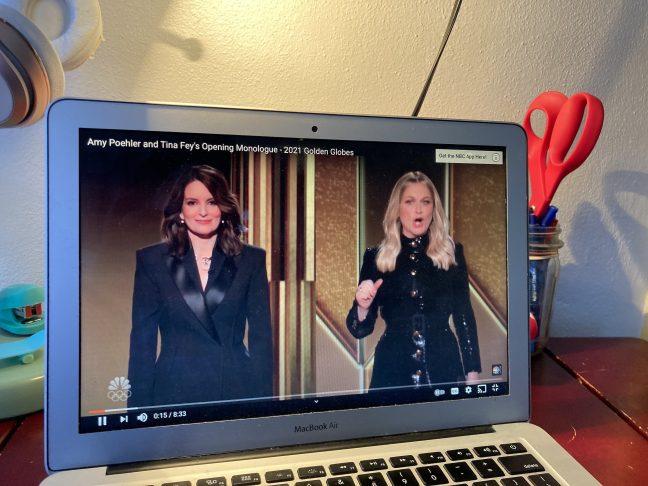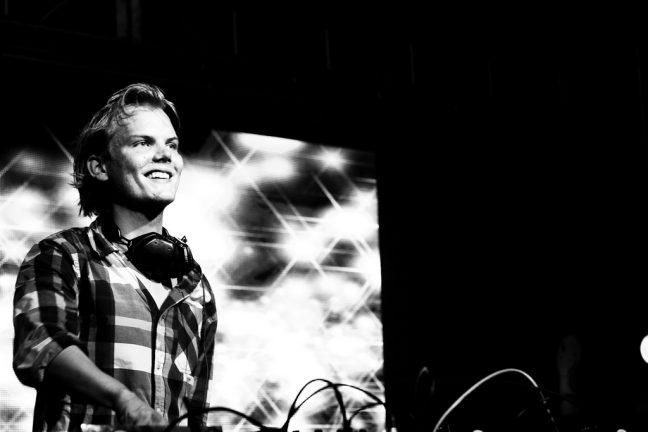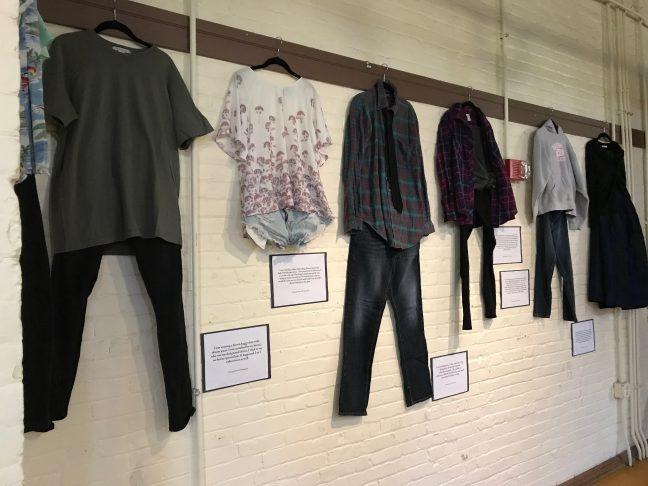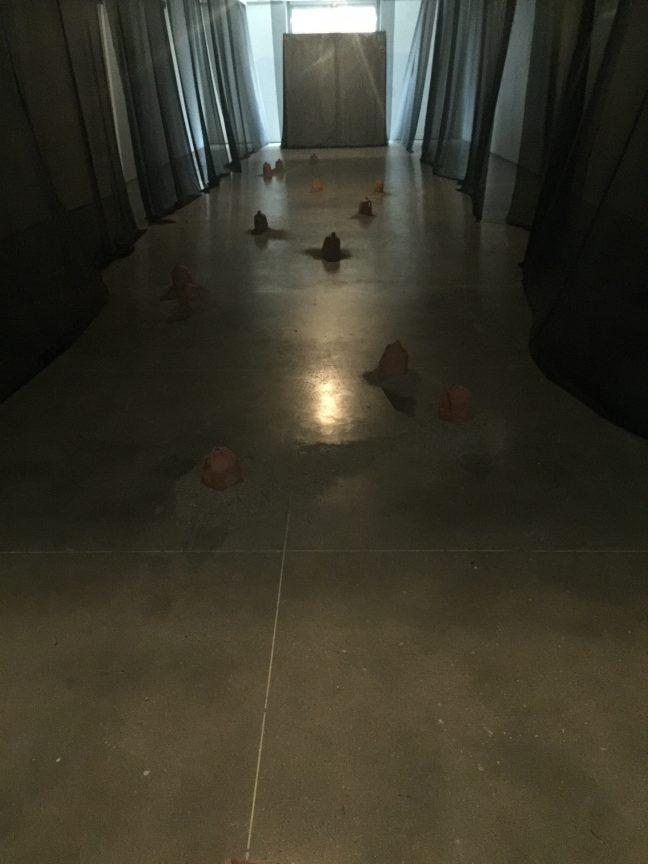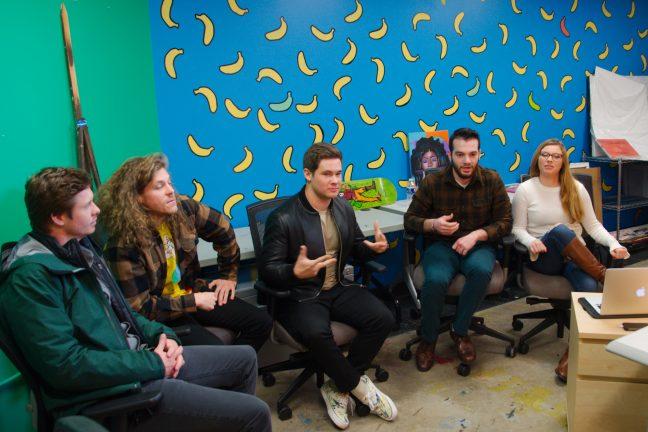
The simple, monosyllabic word, “love,” is unique not only in its inability to ever truly be defined but in its ability to bring both immense joy and pain. There’s love, there’s sex and there’s the confusion between the two. There’s abortion and there’s physical and emotional abuse – all of which can stem from this solitary word. One of the more overlooked versions of this concept, however, would be the love of oneself.
Ntozake Shange undertook the struggle of capturing these concepts and many more for the historically underrepresented women of color in her 1975 play, “For Colored Girls Who Have Considered Suicide When the Rainbow Is Enuf.” This idea is exactly what UW-Madison sophomore Erika Dickerson is trying to relate to Madison audiences in her upcoming production of this choreopoem, a dramatic performance that combines dance and poetry.
Unlike the recent film, “For Colored Girls” (Tyler Perry), the play Dickerson brings to campus is much more textually-based. This production stands as the first play of the “For Colored Girls” project – a rotating women’s theater ensemble. It is also the first time this play has been on campus, and marks the 40th anniversary for the UW Madison African American Studies Department.
A lot can be said about this woman from Chicago, who balances school with her First Wave obligations, her responsibilities as the Campus Women Center’s publications coordinator, and of course, her role as the courageous undertaker of this project, which she not only directs but is a cast member. However, all these accomplishments are overshadowed by the passion Dickerson brings to her new project, evident in a recent interview with The Badger Herald.
“It’s difficult to describe this play in that it’s very inclusive and touches on many different topics that women and women of color, more specifically, encounter, whether it’s abuse, abortion, discovering what love is, discovering what the difference between sex and love is [or] how sex complicates relationships,” Dickerson began, “Ultimately, it’s about communication between women and their men.”
The play follows six plot lines (told as each color of the rainbow) tied together by a seventh character, the Lady in Brown. Each story is meant to be played into the other, blurring the lines of where each “Lady” is a separate entity – intentional, as Shange depicts a fluid female identity. Everything is told through Shange’s poetry interwoven with music and dancing, all of which eventually embrace the concept of strength through womanhood.
This concept of growing through communication transcends the stage, however, as Dickerson describes the actresses she chose for her production.
“It was less about who was the best actor and more about who we wanted to work and build actual relationships with,” she said. “The relationship that cast members build amongst each other before, during and after the show is over, which was very important to me, especially since it’s such a small cast. We really chose people we thought would benefit from [the experience], not necessarily the best actors. We have some dynamic actors in the play, but this is more about building on a womanly level… If we were just here to put on a perfect production, then we could do that – that’s not what this is about.”
What this is about for Dickerson is sparking dialogue. As far as the audience goes, Dickerson hopes to see not just women of all colors, including white, but men. A majority of the monologues are addressed to the audience, using their presence as a stand-in for the absent men of the piece. This communication is crucial to the play and should still resonate with people today.
“It’s a conversation piece, specifically about women and their men [and] we can’t have a conversation by ourselves – which I think has been the problem between men and their women, especially men and women of color – this lack of conversation [and] lack of talking about issues that really bother us,” Dickerson said.
In the words of Dickerson herself, “It’s going to be quite epic.”
“For Colored Girls…” will be playing Dec. 11 to 12 at 7 p.m. in Lathrop Hall’s Margaret H’Doubler Theatre. Admission is free, though online registration is required. The website for online registration will be launched soon.



